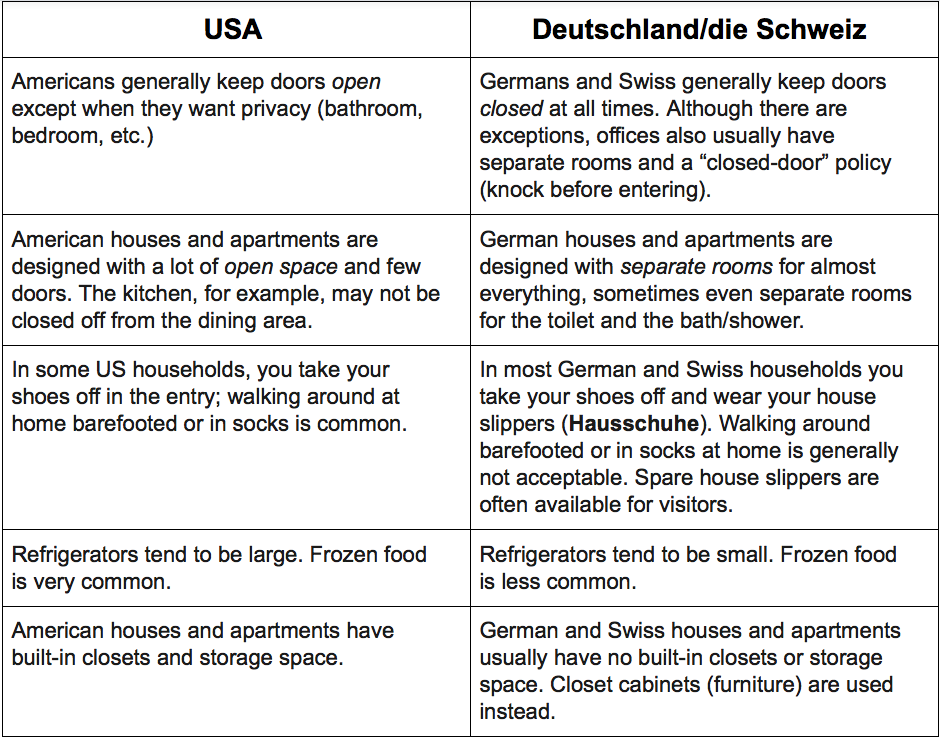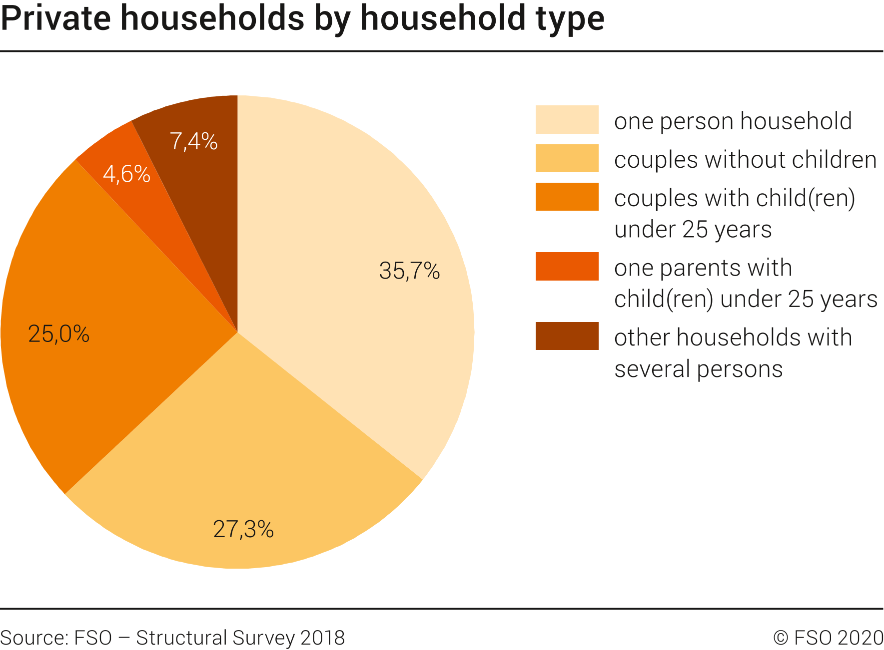1.2 Wichtige Aspekte und Werte des Familienlebens in deutschsprachigen Regionen
3 min read•december 21, 2022
Nathan Wichert
AP German 🇩🇪
29 resourcesSee Units
Wichtige Aspekte und Werte des Familienlebens in deutschsprachigen Regionen
- Family and a sense of community are extremely important to Germans. When it comes to community, Germans are very well-known for their ‘rule-following’ and orderly nature.
- They figure, if everyone does things the right way, the country/town/city/neighborhood will be a nice place for everyone.
- Germany is considered to be a modern and advanced society in more ways than one.
- Germany is very progressive when it comes to gender equality, LGBT rights ("Marriage for All" act), and immigration.
- More and more Germans have begun to value the benefits of a diverse multicultural society which has led to policies that lead to more immigration into the country.
- The benefits of education and hard work are taught at a young age. As a result, Germany has experienced impressive economic development and one of the best education systems in the world.
- Germany is a historically Christian country and many of its cultural symbols have emerged from religion. The pretzel, one of Germany’s most respected foods, is said to represent the Holy Trinity. With an increasing Muslim population today, the Moon and Star of Islam are also considered important cultural symbols in Germany.
Eine Familie später im Leben anfangen
Many young people need to make a decision about starting a family: now or later? For Germans and Swiss, many start raising their family after they’ve completed college. The average mother is almost 30 years old and the average father is almost 35 years old. Because Germans often start after college and once they have a career, this means the number of children in German families is lower than in the US. 53% of families in Germany have one child.
Haus und Heim—Eine Kulturelle Vergleichung

Schweizerische Familien, Kultur, und Neutralität
At the end of 2018, there were about 3.8 million private households in Switzerland. Over one-third of these households were single-person households and 16% of the permanent resident population was living in a single-person household. Almost one-third were two-person households, which represents 29% of the permanent resident population. The average household size was 2.23 persons.
27% of households are couples without children. 15% of the 1.1 million households with children under 25 years (30% of private households) consist of single parents, and most often (83%) single mothers.

Image taken from Federal Statistical Office.
“Unity, yes; uniformity, no,”
The Swiss value punctuality and efficiency; a common saying states that if you're late, it’s probably because you weren’t wearing a Swiss watch or riding a Swiss train. The country’s motto is, “Unity, yes; uniformity, no,” which speaks to the open-minded, peaceful, and collaborative culture of Switzerland.
Though neutral, Switzerland maintains a military force. All men must train for 5 months at age 19, and then for 1-3 weeks each year until they turn 45. Women have the option of serving. Switzerland does not have an army, instead, those serving keep uniforms, weapons, and equipment in their homes, so an army could be mobilized within 48 hours.
Browse Study Guides By Unit
👨👩👧Unit 1 – Families in Germany
🗣Unit 2 – Language & Culture in Germany
🎨Unit 3 – Beauty & Art in Germany
🔬Unit 4 – Science & Technology in Germany
🏠Unit 5 – Quality of Life in Germany
🌪Unit 6 – Challenges in Germany
✍️Exam Skills- FRQ/MCQ

Fiveable
Resources
© 2023 Fiveable Inc. All rights reserved.